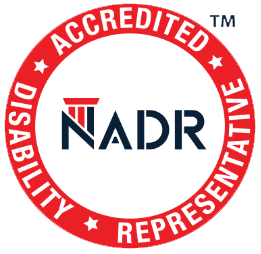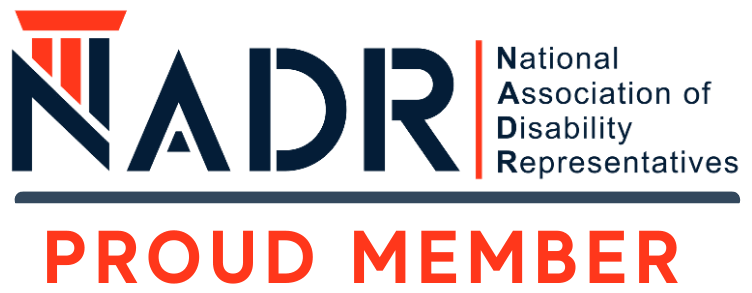How to Get Ready for Your ALJ Hearing and Be Better Prepared
If you have an ALJ hearing, you have already had two decisions go against your case. What happens in your hearing could turn your case around and secure the SSI or SSDI you need and deserve.
With so much riding on your hearing, you need to prepare. You will miss an excellent opportunity to persuade an ALJ to grant your claim if you go into your hearing without knowing what to expect or how to respond. Here are some ways to prepare for your hearing.
What Happens in an ALJ Hearing?
ALJ stands for administrative law judge. The ALJ will have experience in administrative law and know the Social Security Act. And, most importantly, the ALJ has the authority to reverse the prior decisions you received in your case.
The hearing will feel different from going to court. It will not feel as formal as going to court, but the SSA does record the audio during hearings. As a result, you should not say anything that could harm your case or show disrespect to the ALJ.
During the hearing, the ALJ will ask you and your witnesses questions. The questions will focus on the foundation of your claim and the evidence you submitted to support your claim. The ALJ will not issue a decision during the hearing. Instead, the ALJ will consider all the evidence in the record and issue a written decision.
Preparing for an ALJ Hearing
Preparation for a hearing will begin as soon as you request it. Some of the steps you should take to get ready include:
Understand the Issues
During the hearing, you will need to present evidence to overcome the prior decisions denying your SSI or SSDI claim. This evidence will include your oral testimony. But it can also include new medical records and documents.
To gather the proper evidence, you need to understand why the SSA issued the prior decisions denying your claim. You then need to gather evidence that counters the reasons given by the SSA in your claim denials.
Talk to a Lawyer
Once you understand the issues, you can decide if you want legal representation at the hearing. Many lawyers offer free initial consultations. That will allow you to discuss the problems of your case and how the lawyer can help get a positive outcome.
Gather Your Evidence
If you want the ALJ to consider any new evidence, you need to send it to the ALJ at least five days before the hearing. That means you should start gathering evidence as soon as possible to avoid delays in getting the medical and work history records you need.
You will also need to familiarize yourself with your testimony. When the ALJ asks you questions, you should know your evidence well enough to identify where the ALJ can find the answer. That will take practice and preparation.
Prepare Some Answers
Although you do not know exactly what will happen during the hearing, you can anticipate what questions the ALJ will ask. The ALJ will want to know the basis for your claim. You should prepare to answer questions, such as the following:
- The nature of your disability
- The physical limitations your disability places on you
- Your employment history
- How your disability affects your ability to work
- Whether your disability affects any other areas of your life
- If you have any other skills or education that you can use to work
If you need notes, you should write or type some of the points you want to make when answering these questions.
DSS Can Make Sure You Are Prepared
Preparation for a hearing helps in a few ways. If you prepare, you probably will avoid getting flustered during the hearing. You can also ensure that you hit all the important points that support your case. Most importantly, you will be able to provide accurate, honest answers when the ALJ questions you.
To discuss what Disability Support Services can do to help with an upcoming ALJ hearing, call us today or contact us online for a free case evaluation.



